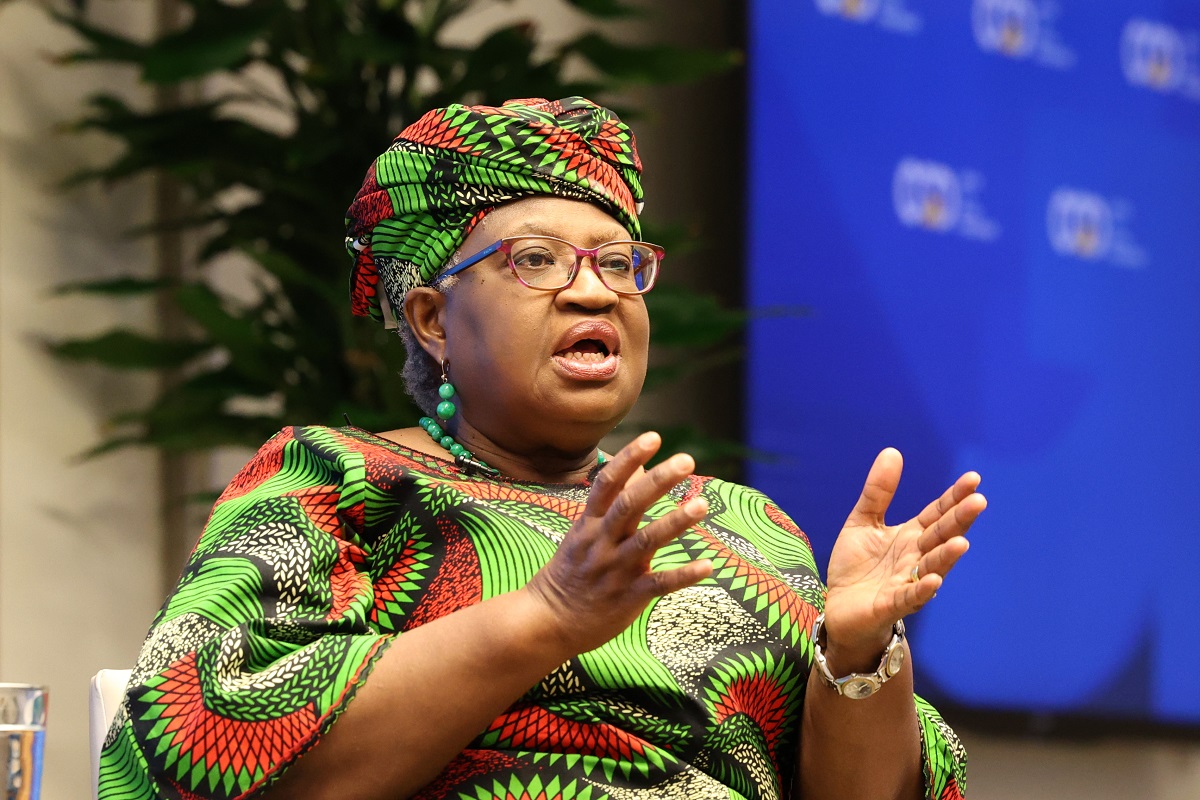Implementation of a global deal to promote trade through increased regulatory transparency and reform of customs procedures is stalled. The deadlock began in July, when India blocked formal adoption of the Trade Facilitation Agreement, which WTO members had agreed to in Bali at the end of 2013. In return for allowing that agreement to go forward, India’s new government under Prime Minister Narendra Modi demanded quicker resolution of its food security concerns than the end of 2017 deadline agreed to in Bali. US negotiators suggested ways that India’s concerns about the lack of progress on food security could be assuaged, but India is thus far unmoved. (The WTO explains the issues and sources of disagreement over food security here.) India is home to a quarter of the world’s undernourished people and food security is an enormous problem, but holding the entire WTO agenda hostage is difficult to fathom.
What’s at stake?
In the short run, India’s resistance is preventing implementation of a number of modest steps that trade ministers agreed to in Bali after years of stagnation in the Doha Round of multilateral trade negotiations. These include the relatively noncontroversial agreements on trade facilitation and a package of items of interest to least-developed country members. For the longer run, members also instructed the WTO’s Trade Negotiations Committee to prepare a work plan by the end of 2014 on how to move negotiations forward in other areas.
What does this mean for the WTO and the multilateral system?
Action on the entire WTO negotiating agenda is now jeopardized by India’s recalcitrance. US Ambassador to the WTO Michael Punke lamented that “Trust has been shattered…. The goodwill from Bali has largely dissipated, replaced by questions about whether any multilateral agreement is possible.” On October 16, WTO Director-General Roberto Azevêdo reported to members that negotiators had been unable to find a solution to the impasse and, as a result:
It appears to me that there is now a growing distrust which is having a paralysing effect on our work across the board…. [I]t is my feeling that a continuation of the current paralysis would serve only to degrade the institution — particularly the negotiating function.
India has its waiver for its food security programs and US officials have offered assurances that the “interim solution” reached in Bali will not end until a permanent solution to India’s concerns is reached. With the credibility of the WTO at stake, why is India unwilling to take yes for an answer?
CGD blog posts reflect the views of the authors, drawing on prior research and experience in their areas of expertise.
CGD is a nonpartisan, independent organization and does not take institutional positions.





